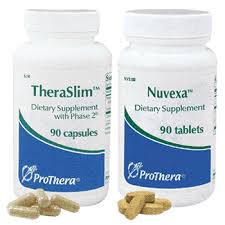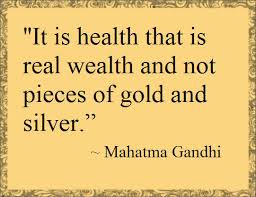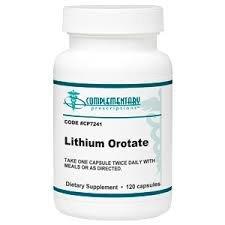Category: Articles

Theraslim™ and Nuvexa™ by Prothera
This month we are featuring as our “supplement of the month” a fat blocker as well as a carb blocker, respectively. Well, let’s face it. It’s challenging to eat perfectly 100% of the time. We know our patients are all in different places in their journey to improved health and good quality…
Read More
Syncing Up
By Thelma Jean Goodrich, PhD As Valentine’s Day comes to us this month, relationships grab even more attention than usual – assessing ones we have, envisioning ones we want, watching for cards and flowers, shopping for the right message, or maybe just wishing the Day would hurry on by. There is an old saying that…
Read More
What is Wellness Worth to You?
By Nancy Mehlert, MS Contributions by Mila McManus MD and Dyvette Warren, PA-C I like new stuff. You know, new tennis shoes, the latest cell phone, the smartest and most efficient new anything from cars to kitchen utensils. Some of us like to buy someone else’s old stuff because it is new to us.…
Read More
Eating Well on a Budget
By Nancy Mehlert, MS It’s not uncommon to hear new patients say “Eating real whole food sure is more expensive!” But is it really? Here is a list of ways to reassess how you spend your hard earned dollars and how to save money, eat well and live well in the New Year. Happy New…
Read More
Supplement of the month: Lithium Orotate
Lithium Orotate is a trace mineral that helps to boost and balance mood. Studies show it also helps promote mental focus and may improve memory. It is easily absorbed and is 20 times more bioactive than other lithium salts, thereby allowing the individual to take smaller amounts. When salts of lithium are ingested, the lithium…
Read MoreHow Toxic Are You? (Updated)
by Mila McManus MD If you eat or breathe, you are introducing toxins into your body. It’s been almost 4 years since we addressed this in our newsletter and felt that it was a great topic to revisit. The toxins we are ingesting and inhaling relate mostly to our diet, lifestyle, and the quality of…
Read More
Toxin Blocks and Tackles
It is football season, so as I watch the players on the field blocking and tackling I cannot help but think about how that should be our attitude toward our toxic world. We need to block our exposure to as many toxins as possible and then tackle those that have already gained entrance to our…
Read More
Plant Protein Cleanse Detox Program
Image Source At The Woodlands Institute for Health & Wellness, we offer an affordable, formalized program to feel your best year-round. Whether you want to get back on track nutritionally, support your body’s detoxification pathways, or shed a few pounds, the Plant Protein Cleanse Detox Program is just right. Simple and easy to follow, this…
Read More
Take Charge of Your Health
We believe in empowering you to be an active participant in your health journey. With our guidance, simple lifestyle adjustments can yield profound results. Let us be the bridge to a healthier, happier you.
SCHEDULE AN APPOINTMENT